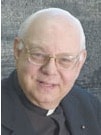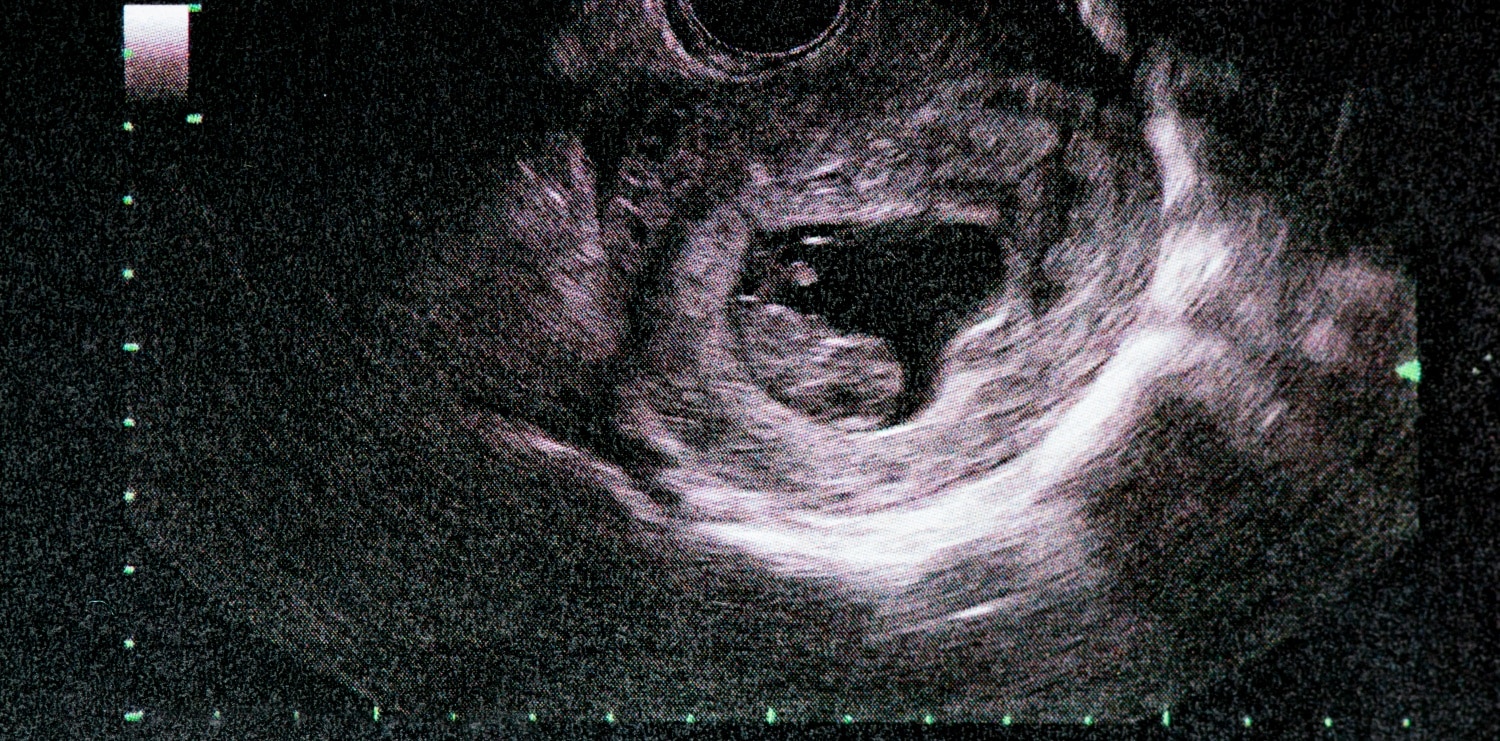
So, for the umpteenth time in these pages, why does Our Sunday Visitor, in its editorials, opinion columns and articles, oppose abortion, and why does the Catholic Church oppose abortion?
The answer is quick and simple: Human life begins at conception. The life of a pony begins at its conception. The life of a cat begins at its conception. It is an undisputed, biological reality, and it applies to all mammals.
Even ordinary conversation adheres to this definition. A couple says, “We are expecting a baby,” or “our baby will be born soon.” In the English language, “baby” means small, young human, as does bambino in Italian, and enfant in French. Unborn human being.
Therefore, the unborn, since after its conception, is a human being, it is entitled to all the rights due a human being — the first of which, obviously, is the right to life.
Abortion obviously ends that life, upon the decision of another. No one has the right to extinguish another’s life, except in cases of self-defense.
A man observed that his neighbor banishes his dog to the backyard at night. All through the night, the dog barks, wanting to be in the warm house. The barking keeps neighbors awake, but it would be unlawful if one of them killed the dog to stop its barking. It would be an even greater crime to kill the thoughtless owner of the dog, but still, in many states, human lives are extinguished legally by abortion.
The Catholic view in this matter is not universally shared by Americans. Southern Baptists see abortion as the taking of innocent human life, as do Mormons and evangelicals. The so-called “mainline” Protestants, however, as part of their official creeds, hold that abortion is permissible, and indeed, in certain cases, it is morally required.
This thinking, coupled with the increasingly widespread trend to dismiss any moral standard — especially when it is said to come from divine revelation, or be driven by institutional religion — means that the American assessment of the moral propriety of abortion varies considerably.
And, of course, in June, the Supreme Court did not halt abortion altogether or say that it violates the Constitution. Instead, it declared that, given the different views among citizens, individual states, through processes that they prefer, can judge the fittingness of abortion for themselves. Many have already decided whether or not abortion should be allowed in their jurisdictions, either by votes in their legislatures or by referenda in their overall populations, such as in Kansas. Many other states still are debating the question.
This all means that Catholics, and all Americans who take seriously the quite obvious facts that an unborn human being precisely is a human being, and his or her life cannot be taken simply at will by anyone, means that, to argue their case, Catholics must understand fully the Church’s teaching about abortion and their obligation, as Catholics, to infuse their communities, relationships and circumstances with the Church’s concept.
This process is needed today as much as it was when Roe v. Wade was the law of the land.
Stated law is not the only setting for defending the unborn human’s right to life. The hundreds upon hundreds of thousands of Americans who yearly resort to abortion at present, and who still will decide to abort their unborn, legally, despite the June judgment in the Dobbs case, must be convinced that abortion is wrong, and Catholics are among them — many Catholics.
It is reported that many Catholics in this country abort their pregnancies, meaning that many Catholics have relatives or close friends, and pastors have parishioners, who have aborted their unborn child or have considered it.
Everybody has work to do.

